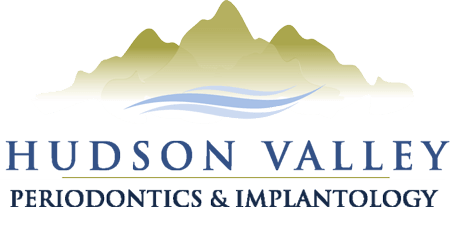Do you get your teeth cleaned every 6 months or twice a year? That’s the recommended schedule according to dentists and dental specialists. But many people don’t go to the dentist as often as they should for a variety of reasons. Some have dental anxiety, others don’t have insurance, and a lot of people simply have trouble fitting it into their busy schedule.
There are many advantages of regular teeth cleanings, and in this article we will explore those benefits so that you have a deeper understanding of what it takes to maintain your oral health.
What Does a Routine Teeth Cleaning Entail?
A routine teeth cleaning, otherwise known as preventive care, involves a series of steps to remove plaque. First, dental tools are used to remove plaque and calculus from the teeth. Then, in no particular order, the teeth are flossed and then polished.
An oral evaluation will also accompany a routine teeth cleaning. Your dentist will check for oral health concerns, such as tooth decay, gum disease, and signs of oral cancer.
In some cases dental X-rays will be taken, typically once a year, to detect cavities or other issues in places that are not immediately visible. Fluoride treatment may be applied to the teeth for added protection against decay.
Advantages of Regular Teeth Cleanings
- Prevent cavities. Regular teeth cleanings remove plaque and calculus before they can cause cavities and tooth decay.
- Prevent gum disease. Removal of plaque and calculus during regular teeth cleanings can also prevent periodontal (gum) disease.
- Maintain oral health. By keeping up with regular dental cleaning appointments you can maintain your oral health and reduce the likelihood of needing dental work.
- Keep teeth looking healthy. Having your teeth regularly cleaned keeps them looking whiter and healthier for a better looking smile.
- Early detection of oral health concerns. The sooner a problem is discovered, the easier it is to treat. Small cavities can be filled before they get too deep and require root canal treatment. Gingivitis can be treated before it progresses to gum disease. And most importantly, oral cancer can be treated more effectively with better outcomes if it is detected in the early stages.
What is a Deep Cleaning of the Teeth?
In addition to regular teeth cleanings, a deep cleaning may be recommended by your dentist or periodontist if you have signs of gum disease. A deep cleaning consists of two procedures: scaling and root planing.
- Scaling: plaque and calculus are removed from the teeth both above and below the gumline.
- Root planing: the roots are buffed until smooth so that the gums can reattach to the teeth more firmly, eliminating pockets for plaque to gather.
A deep cleaning may require local anesthesia to prevent discomfort. It may also require multiple appointments to thoroughly clean all of the teeth. Repeated deep cleanings may be required until gum disease is fully under control, which is referred to as periodontal maintenance.
Benefits of Being Proactive With Dental Care
The old phrase “An ounce of prevention is worth a pound of cure” is especially true in dental care. By having your teeth cleaned regularly you can prevent a myriad of oral health problems and increase your chances of keeping your natural teeth in place for your lifetime. You also save time and money by avoiding expensive dental treatments. Even if you don’t have dental insurance, cleanings are highly affordable and many dentists offer membership plans that reduce the cost of routine services.
Contact Hudson Valley Periodontics and Implantology
If you’re in need of a deep teeth cleaning or you have signs of gum disease, such as red or bleeding gums, contact Hudson Valley Periodontics and Implantology. We provide deep cleanings and periodontal maintenance to help treat and manage gum disease.
Call 845-623-6666 or contact us today to learn more and schedule an appointment.

